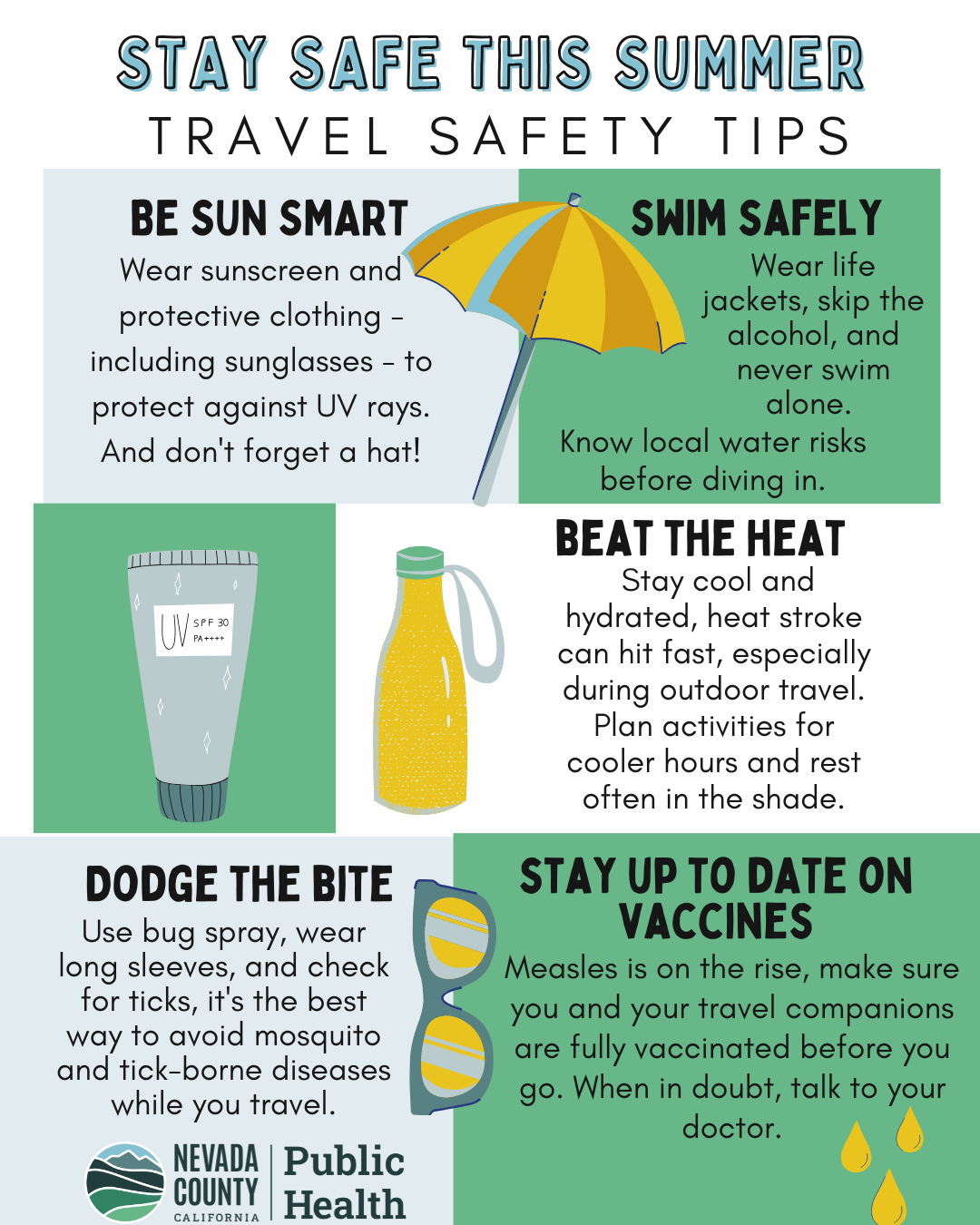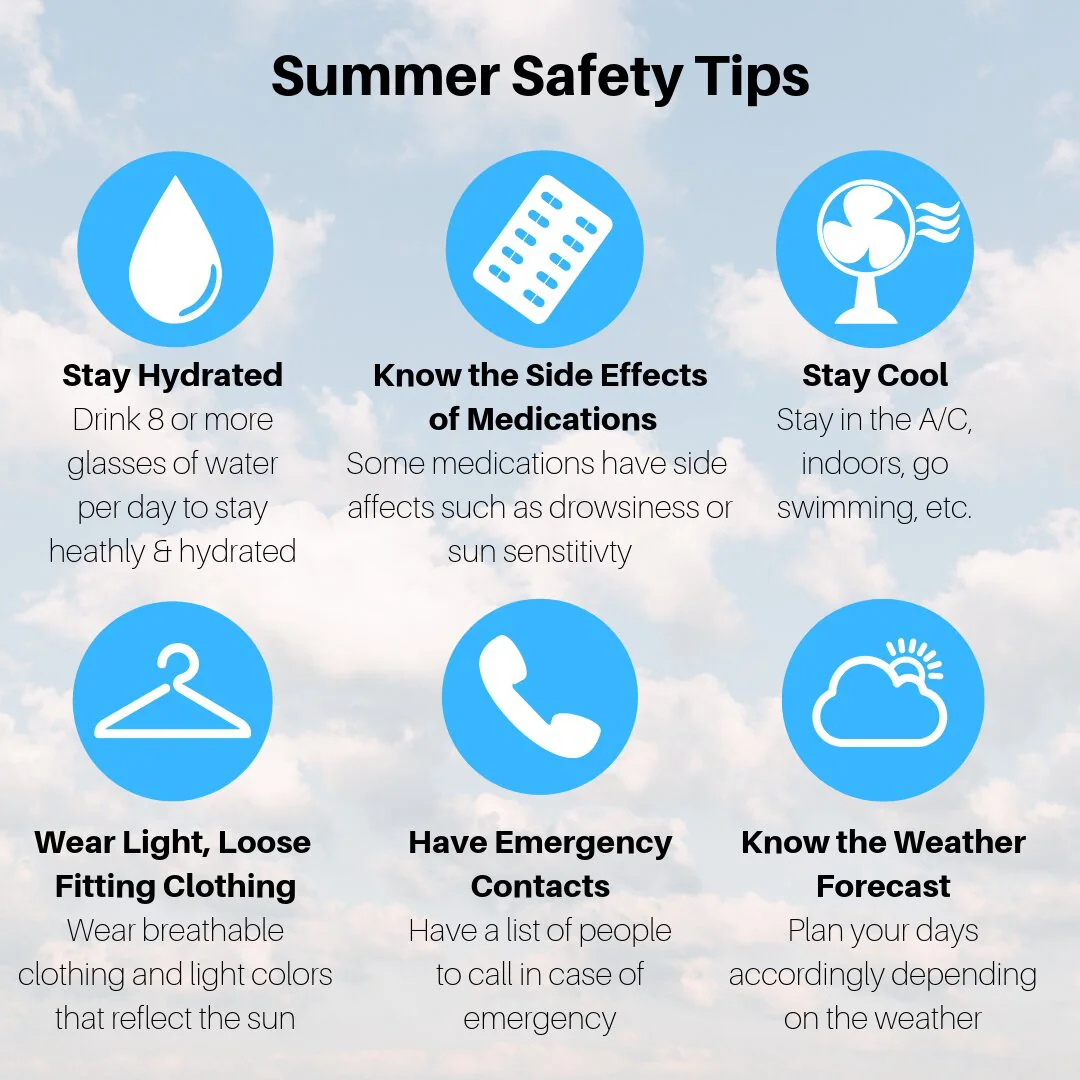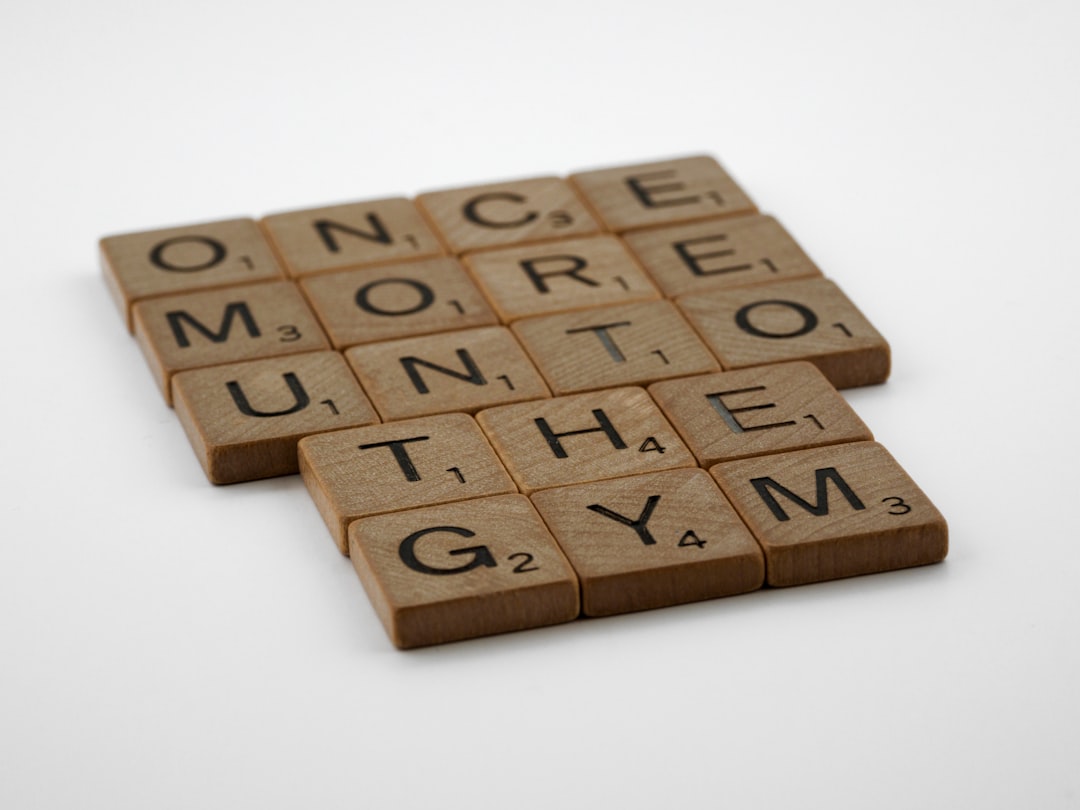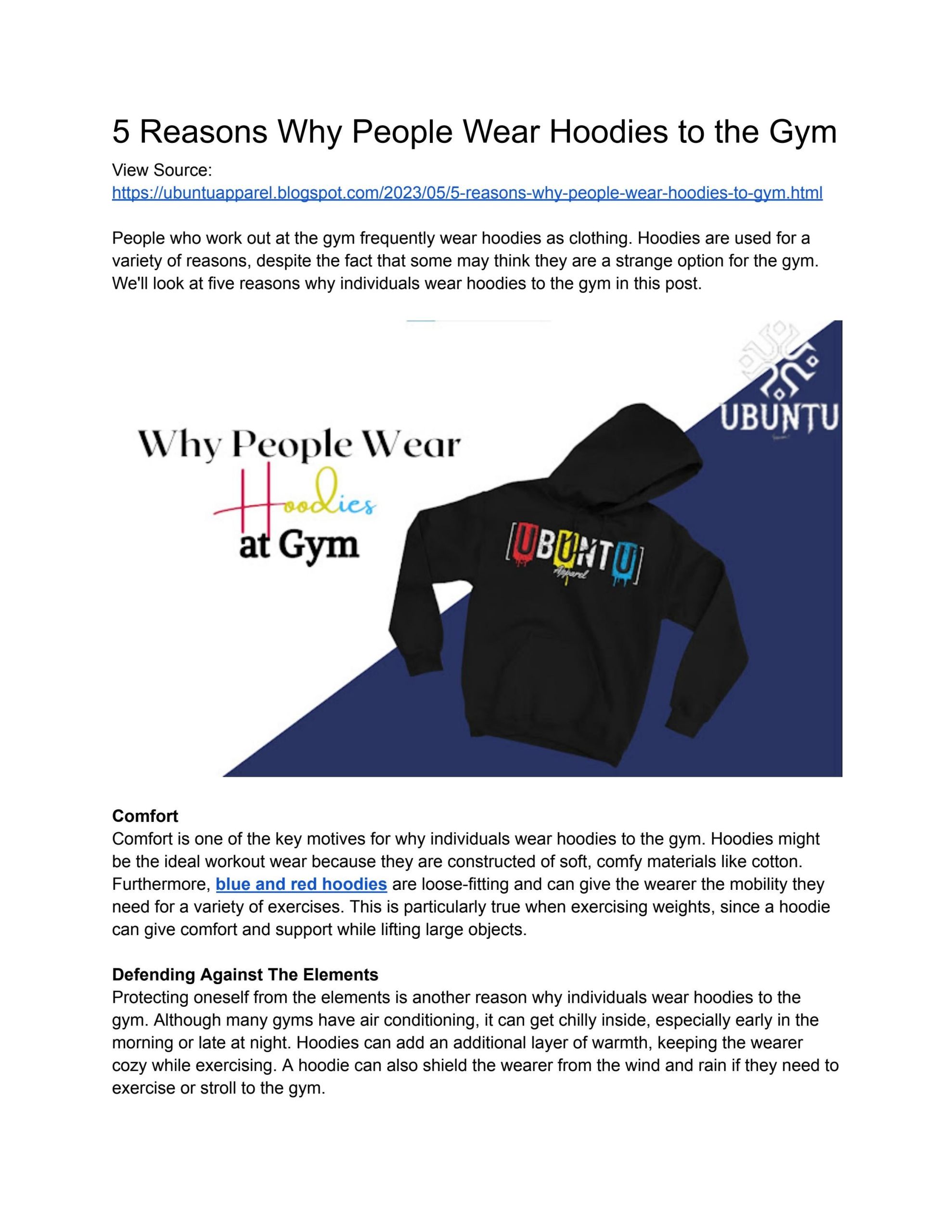Summer is here, and it’s the perfect time to enjoy the sun, outdoor activities, and longer days. But the heat and changes in routine can also affect your health in ways you might not expect.
Are you ready to keep your energy high, stay hydrated, and protect your skin all season long? You’ll discover simple, effective health tips that will help you feel your best and make the most of your summer. Keep reading to learn how small changes can lead to big improvements in your well-being this summer!

Credit: yubanet.com
Hydration Essentials
Keeping your body hydrated during summer is not just about quenching thirst. It’s essential for maintaining energy, supporting digestion, and keeping your skin healthy. Understanding hydration essentials helps you stay comfortable and active, even on the hottest days.
Benefits Of Staying Hydrated
Drinking enough water improves your focus and mood. It helps regulate your body temperature, which is crucial when the sun is blazing. Proper hydration also prevents headaches and reduces the risk of heat-related illnesses.
Have you noticed how much better you feel after a glass of water on a hot day? That’s your body thanking you. Staying hydrated also aids in flushing out toxins and supports your immune system.
Recommended Daily Water Intake
The amount of water you need can vary, but a good target is about 8 glasses or 2 liters a day. If you’re active or outside for long periods, you’ll need more to replace what you lose through sweat.
Keep in mind that thirst is a late sign of dehydration. Try to sip water regularly throughout the day instead of waiting until you feel thirsty.
| Activity Level | Approximate Daily Water Intake |
|---|---|
| Sedentary | 2 liters (8 cups) |
| Moderately Active | 2.5 liters (10 cups) |
| Highly Active/Outdoor Work | 3+ liters (12+ cups) |
Creative Ways To Drink More Water
Plain water can get boring, but you don’t have to settle for it. Adding slices of cucumber, lemon, or berries gives your drink a fresh twist without extra calories.
Try setting reminders on your phone to drink water every hour. If you prefer something warm, herbal teas are hydrating and soothing.
- Carry a reusable water bottle with you wherever you go.
- Use apps that track your water intake to stay motivated.
- Replace one sugary drink a day with water to cut down calories.
What small change can you make today to drink more water? Making hydration a habit can transform how you feel during summer and beyond.
Nutrition For Hot Weather
Hot weather changes the way your body handles food and hydration. What you eat can either help you stay cool and energized or make you feel sluggish and overheated. Paying attention to your nutrition during summer is key to maintaining your health and comfort.
Foods To Keep You Cool
Foods with high water content help you stay hydrated and cool. Think about fresh fruits like watermelon, cucumbers, and strawberries. These not only refresh you but also provide essential vitamins and minerals.
Light salads with leafy greens like spinach and kale are great too. They digest easily and keep you feeling light without weighing you down. Adding a squeeze of lemon or lime can boost flavor and help with hydration.
Summer Superfoods
Some foods pack extra benefits for the summer heat. Coconut water is a natural electrolyte drink that replenishes what you lose through sweat. Greek yogurt provides probiotics that support digestion, which can slow down in hot weather.
Tomatoes and bell peppers contain antioxidants that protect your skin from sun damage. Including these in your meals can help you feel good inside and out. Have you noticed how a bowl of chilled gazpacho can hit the spot on a scorching day?
Avoiding Heavy Meals
Heavy, greasy meals can make you feel tired and overheated. Instead, opt for smaller portions spread throughout the day. This helps keep your energy steady and prevents that sluggish feeling.
Try skipping fried foods and rich sauces. They require more effort to digest and can increase your body temperature. Wouldn’t it be easier to stay active and enjoy your summer days without feeling weighed down?
Exercise In Summer Heat
Exercising in summer heat requires extra care to stay safe and healthy. High temperatures can make workouts harder and increase the risk of heat-related illnesses. Proper planning and smart choices help you enjoy your exercise routine without harm.
Best Times To Work Out
Early mornings and late evenings offer cooler temperatures. Avoid exercising during midday when the sun is strongest. Choose shaded areas or indoor gyms to reduce heat exposure. These times help keep your body temperature lower and prevent overheating.
Cooling Down Techniques
Take breaks often and drink plenty of water. Use a damp towel on your neck or face to cool off. Wear a hat and sunglasses to protect yourself from the sun. Slow your pace and listen to your body’s signals to avoid exhaustion.
Choosing The Right Gear
- Wear light-colored, loose-fitting clothes made of breathable fabric.
- Opt for moisture-wicking materials that keep sweat away from skin.
- Select shoes with good ventilation to keep feet cool.
- Use sunscreen to protect your skin from harmful UV rays.
Credit: northcantonohio.gov
Sun Protection Strategies
Protecting your skin from the sun is crucial for enjoying summer without the risk of burns or long-term damage. Sun protection strategies go beyond just applying sunscreen; they involve smart choices in clothing and finding the right spots to relax. Let’s dive into practical ways you can keep your skin safe and healthy during sunny days.
Choosing The Right Sunscreen
Not all sunscreens are created equal. Look for broad-spectrum options that shield you from both UVA and UVB rays. The SPF number tells you how long you can stay in the sun without burning—SPF 30 is a good baseline for daily use.
Apply sunscreen generously—don’t be shy with the amount. Many people miss spots like ears, neck, and the tops of feet. Reapply every two hours, especially if you’re swimming or sweating.
Protective Clothing Options
Clothing can be your first line of defense against harmful rays. Fabrics with a UPF rating block out a significant amount of UV radiation. Choose lightweight, long-sleeved shirts and wide-brimmed hats to cover your skin.
Dark colors and tightly woven fabrics offer better protection. Have you ever noticed how your skin feels cooler under a light-colored shirt? That’s because lighter colors reflect sunlight, but they may let more UV rays through. Balancing comfort and protection is key.
Importance Of Shade
Seeking shade is a simple yet effective way to reduce sun exposure. Natural shade from trees or man-made structures can lower your risk of sunburn and heat exhaustion.
Keep in mind that UV rays can reflect off surfaces like water, sand, and concrete, so staying in the shade doesn’t mean you’re completely safe. Position yourself wisely and stay alert to how the sun moves throughout the day.
Managing Allergies
Summer brings longer days and outdoor fun, but it also stirs up allergies that can quickly ruin your plans. Managing allergies during this season means staying alert to triggers and taking clear actions to reduce symptoms. Knowing what causes your allergies and how to handle them can make a huge difference in enjoying summer fully.
Common Summer Allergens
Summer allergens often come from nature, but they’re not always obvious. Pollen from grasses, weeds, and trees can float in the air, especially in the early morning and evening. Mold grows in damp areas like gardens or near pools, releasing spores that irritate your nose and lungs.
Insects such as bees and mosquitoes also trigger allergic reactions in some people. Even certain foods, like fresh fruits and vegetables, can cause oral allergy syndrome during summer. Have you noticed sneezing more after mowing the lawn or walking through a park?
Preventive Measures
- Check pollen forecastsbefore planning outdoor activities and try to stay indoors when counts are high.
- Keep windows closedduring peak pollen times to prevent allergens from entering your home.
- Wear sunglasses and a hatto shield your eyes and face from airborne allergens.
- Shower and change clothesafter being outside to wash off pollen and mold spores.
- Use air purifierswith HEPA filters to reduce indoor allergens effectively.
Simple steps like these helped me reduce my allergy flare-ups dramatically. What small change can you add to your routine today?
Effective Treatments
Over-the-counter antihistamines can quickly ease sneezing, itching, and watery eyes. Nasal sprays, especially corticosteroids, work well for nasal congestion and inflammation. If your symptoms persist, a visit to an allergist can provide personalized treatment options, including allergy shots.
Natural remedies like saline nasal rinses flush out irritants and soothe your nasal passages. Always follow dosage instructions carefully and monitor how your body responds. Have you tried combining treatments to find what works best for your unique allergy symptoms?
Mental Health In Summer
Summer offers more than just warm weather and longer days; it also has a unique impact on your mental health. The season can boost your mood, reduce anxiety, and increase your overall sense of well-being. But how can you make sure you’re taking full advantage of these mental health benefits?
Benefits Of Sunlight
Sunlight is a natural mood enhancer. When your skin is exposed to sunlight, it helps your body produce vitamin D, which plays a key role in regulating mood and warding off depression.
Have you noticed feeling more energetic or happier on sunny days? That’s your brain responding positively to sunlight. Just 15-20 minutes a day can make a difference, but remember to protect your skin.
Combating Summer Stress
Summer isn’t stress-free for everyone. Sometimes, social plans, travel, or heat can increase anxiety levels. The key is to recognize your stress triggers and address them early.
Try setting simple boundaries, like scheduling quiet time or limiting your exposure to heat during peak hours. Keeping a cool, calm environment can help you stay mentally balanced during busy summer days.
Mindful Outdoor Activities
Engaging in outdoor activities mindfully can ground your thoughts and reduce mental clutter. Instead of rushing through a walk or run, focus on the sights, sounds, and smells around you.
Have you ever noticed how your mind clears when you pay attention to the small details outside? Activities like gardening, yoga in the park, or even sitting quietly by a lake can sharpen your focus and calm your mind.
- Practice deep breathing while enjoying a summer breeze.
- Observe the changing colors of flowers or leaves.
- Listen to bird songs without distractions.
Travel Health Tips
Traveling during summer opens doors to new adventures and experiences. Staying healthy on the road is key to enjoying every moment of your trip. Simple steps can protect your body and mind from travel-related health issues. Prepare smartly to keep your energy high and spirits bright throughout your journey.
Staying Safe In Different Climates
Weather varies widely from place to place. Dress in layers to adjust to changing temperatures. Always carry sunscreen to shield your skin from harsh sun rays. Drink plenty of water to avoid dehydration in hot climates. In colder areas, keep warm with hats and gloves. Avoid sudden exposure to extreme weather to prevent illness.
Essential Travel Health Kit
A well-packed health kit supports quick care on the go. Include these items:
- Basic pain relievers like ibuprofen or acetaminophen
- Bandages and antiseptic wipes for small cuts
- Allergy medication if you have known allergies
- Insect repellent to prevent bites
- Thermometer to check for fever
- Hand sanitizer to keep germs away
Check expiration dates before packing. Tailor your kit to your destination’s risks.
Handling Jet Lag
Jet lag can drain energy and disrupt plans. Reset your watch to local time as soon as you board. Try to sleep on the plane if it’s nighttime at your destination. Spend time outside in natural light to help your body adjust. Eat light meals and avoid caffeine close to bedtime. Give yourself time to rest and recover after arrival.
Credit: www.danversma.gov
Frequently Asked Questions
How Can I Stay Hydrated During Summer?
Drink plenty of water throughout the day to stay hydrated. Avoid sugary drinks and alcohol, as they cause dehydration. Eat water-rich fruits like watermelon and cucumber to boost hydration naturally.
What Foods Help Keep You Cool In Summer?
Consume light, fresh foods like salads, fruits, and vegetables. Avoid heavy, fried, or spicy foods that increase body heat. Include foods rich in water and electrolytes for optimal cooling.
How To Protect Skin From Sun Damage In Summer?
Use broad-spectrum sunscreen with at least SPF 30 before going outdoors. Wear protective clothing, hats, and sunglasses. Avoid direct sun exposure during peak hours between 10 a. m. and 4 p. m.
What Are The Best Summer Exercises For Health?
Opt for low-impact exercises like swimming, walking, or cycling during cooler parts of the day. Exercise early morning or late evening to avoid heat exhaustion. Always stay hydrated while working out.
Conclusion
Summer health needs care and attention every day. Drink plenty of water to stay hydrated. Wear light clothes to keep cool. Protect your skin from strong sun rays. Eat fresh fruits and vegetables for energy. Rest well to help your body recover.
Stay active but avoid the hottest hours. Small habits make a big difference. Enjoy summer safely and feel your best. Keep these tips in mind for a healthy season.




